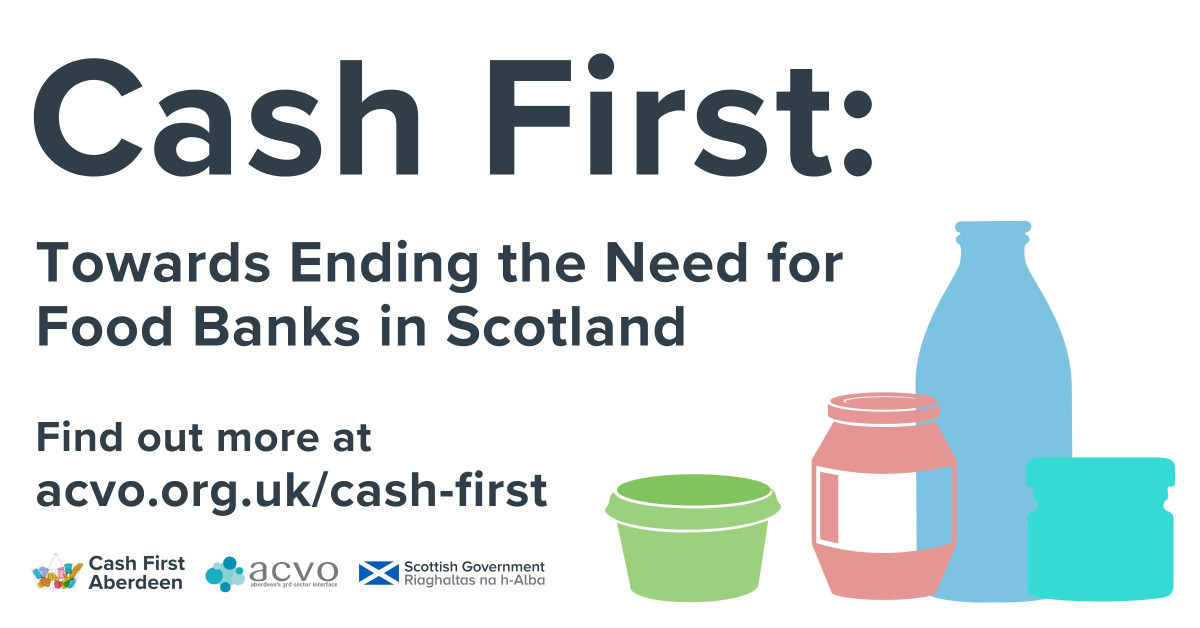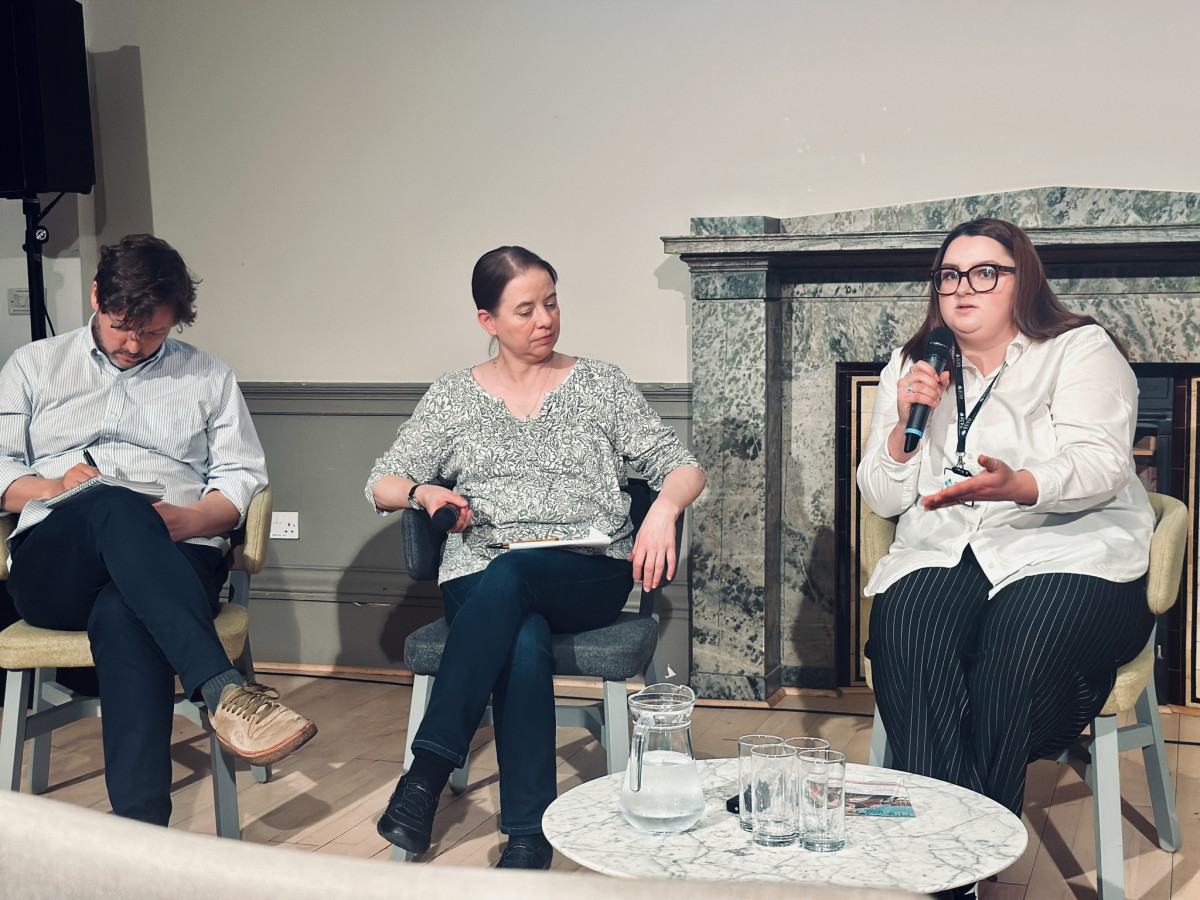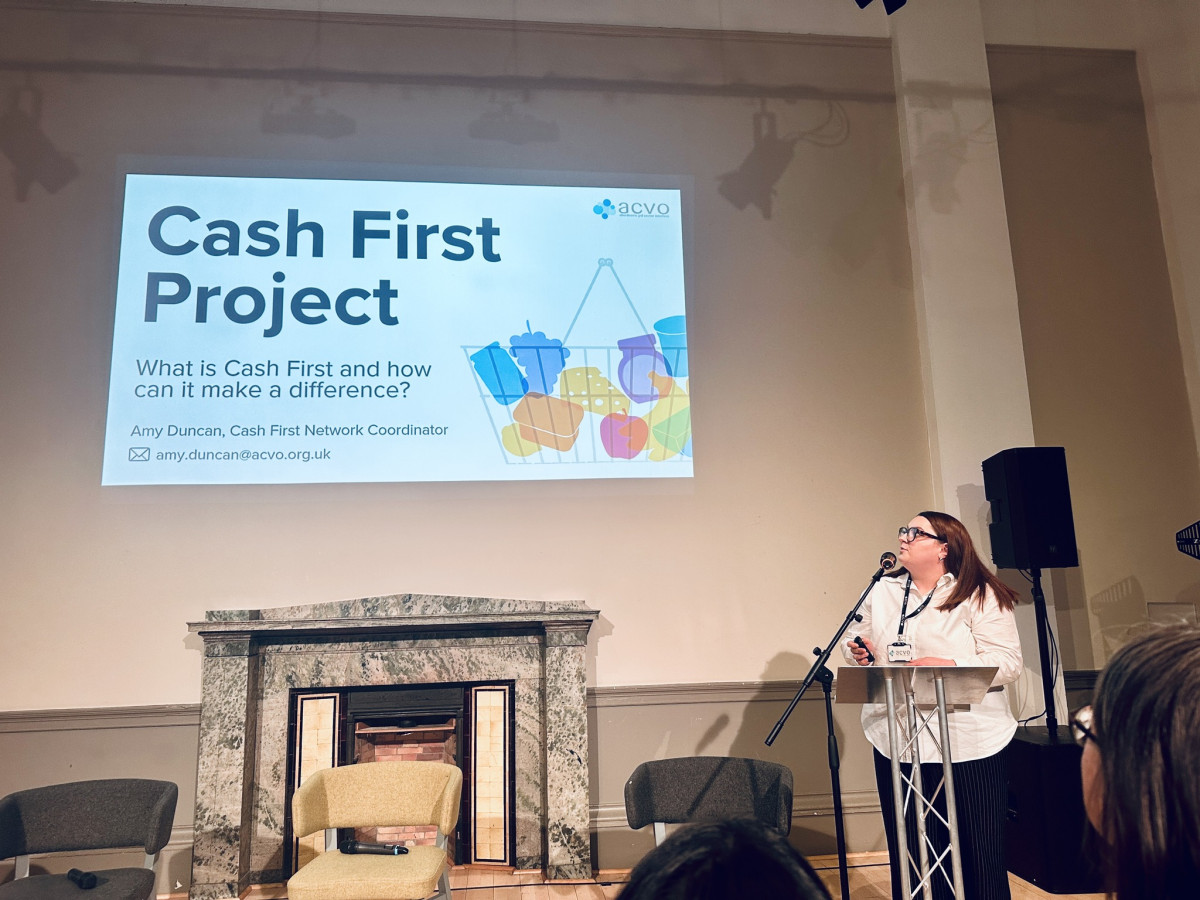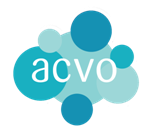
The Aberdeen Cash First Network forms part of the Scottish Government’s response to financial hardship and their aim to reduce the need for emergency food provision. The network is one of the 8 test areas funded by the Scottish Government’s pilot - "Cash-First: Towards Ending the Need for Food Banks in Scotland".
ACVO has co-designed the Cash First project alongside partner organisations with the aim of breaking the cycle of repeated financial crises to reduce reliance on food banks within Aberdeen City.
A high proportion of those accessing emergency food banks within Aberdeen City are single males from the age of 18 to 45 - with a number of those from the demographic being repeat users when in receipt of Universal Credit. Many single males who are in receipt of Universal Credit are classed as destitute as they are on the lowest level of income and are the hardest demographic to support out of poverty due to the deep-rooted nature of issues; often as a result of failure to succeed with early intervention approaches.
For this test of change, the partnership chose to try and reduce the depth and longevity of poverty for this demographic who are persistently known not to engage well with early-intervention support opportunities. The Aberdeen Cash First project will focus on this demographic by offering the flexible crisis fund to those facing financial emergency; providing them with money and improving access to wrap-around support.
Individuals can be referred to the Flexible Crisis Fund through one of the trusted partner organisations who are currently involved with the Cash First Network – currently this is Aberdeen North Foodbank, CFINE, Instant Neighbour, Alcohol and Drugs Action, Aberdeen Cyrenians, Social Bite and Aberdeen Foyer. Other organisations can refer eligible individuals to the Flexible Crisis Fund, but this has to be done via one of the trusted partners.
The trusted partners can refer the individual for up to £600 – either for a one-off payment or for recurring payments via vouchers, cash payments or direct payments - depending on their level of need. Recurring payments can take place on a monthly basis up to a maximum of 6 months.
The Aberdeen Cash First Network is not only about emergency financial relief and wrap-around support, it is about looking at new ways of how crisis support can be delivered through strategic partnerships. The project is also strengthening collaboration between public and third sector organisations by encouraging regular knowledge exchange and shared learning - all with the aim of creating a lasting positive impact for Cash First recipients.

What are some of the challenges you are facing in implementing cash first?
Many lived experience individuals surveyed had shared that they would not trust themselves with cash payments because of current or historical addictions, drug debts, lack of budgeting skills etc. When cash payments are given to those who are at high risk, there could be the temptation to spend the money on things which bring them further harm.
To safeguard recipients and ensure everyone has an opportunity to receive Cash First Funding, we developed a risk matrix which assesses how best funding can be distributed safely whilst meeting individual needs.
Have you used any particular resource that helped you take a cash first approach or helped you work through these challenges?
To meet the aims of the pilot project, ACVO have developed partnerships with 7 organisations who have co-produced the Flexible Crisis Fund.
Trusted Partners are responsible for:
Being involved in the development of the Cash First project
Identifying and referring individuals eligible
Managing the distribution of funding in the agreed format to recipients
Encouraging the recipient to engage with wrap-around support identified by the panel
Supporting evaluation of the Cash First approach
The support provided by the partner organisations—both to the project and to individuals—serves as a critical resource which is essential to the success of the project.

What is one piece of advice you would give to someone wishing to implement a Cash first approach for the first time?
There is nothing more valuable than the voice of those with lived experience when developing a Cash First approach.
To ensure the needs of recipients are successfully being met, individuals are being treated with dignity and respect, and the Cash First funding can make a long-term impact on foodbank reliance, I urge other organisations to embed lived experience voice throughout the delivery of their projects.
From early surveys identifying needs and potential risks to the demographic, to in-depth interviews that help monitor and evaluate impact, the voices of those with lived experience have shaped every step of the Aberdeen Cash First Network.
What have you learned from the cash first approach?
To avoid simply shifting reliance from food parcels to cash payments, a person-centred approach to support has been central to the success of the Aberdeen Cash First Network.
By offering wrap-around support and income maximisation tailored to individual needs, recipients have been able to reduce and manage debt, gain employment, secure permanent housing, improve mental health and wellbeing, repair relationships, and progress in their recovery journeys.
In addition to an 81.7% reduction in foodbank use among those who received Cash First funding, partner organisations have also reported benefits such as stronger communication, better information sharing, and more joined-up working.
